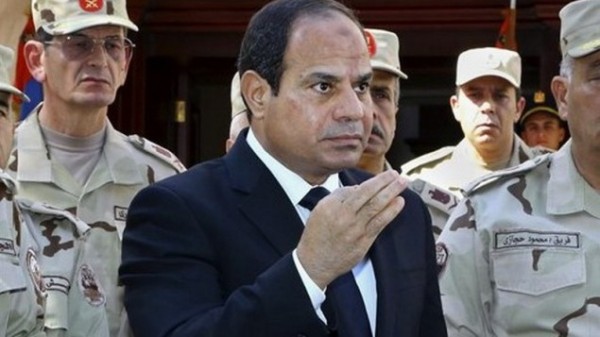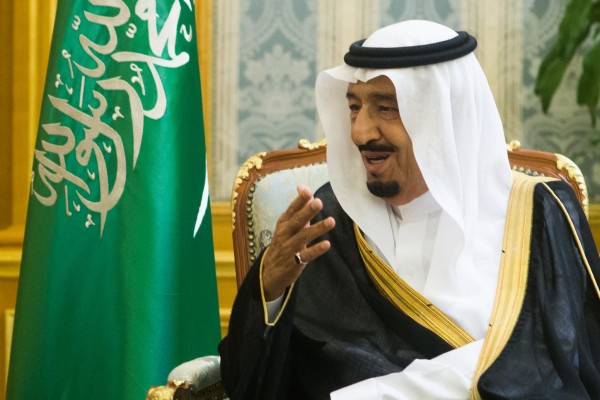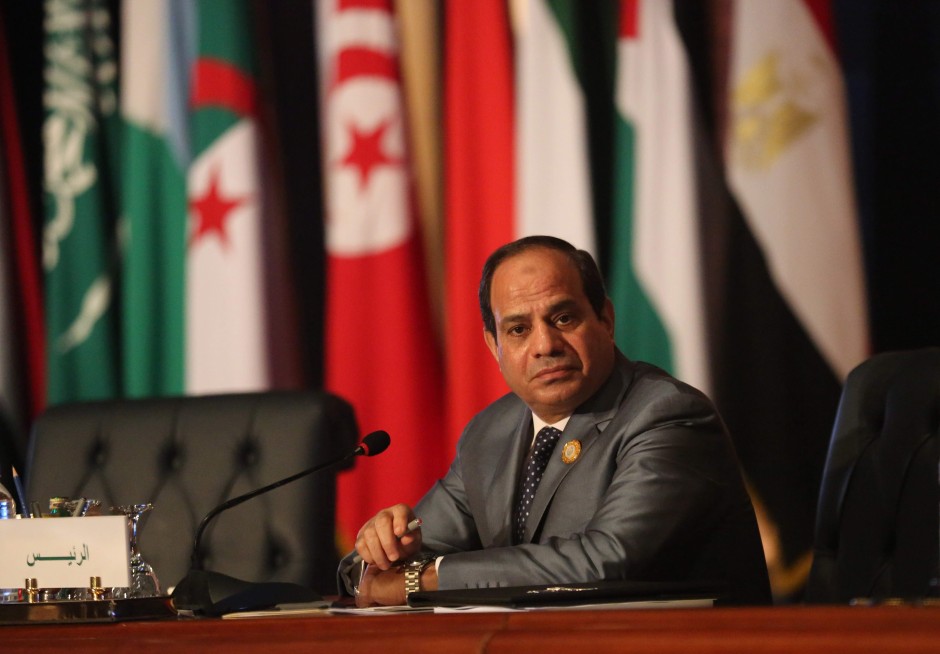For the first time in decades, Arab states have agreed in principle to create a pan-Arab fighting force, but one must wonder whether it will ever become operational, given the conflicting objectives of its primary sponsors, Egypt and Saudi Arabia.
Lest it be forgotten, previous Arab military forces have crumbled into dust.

The proposal to establish one was tabled at an Arab League summit on March 29 in the Egyptian Red Sea resort of Sharm el-Sheikh. As the meeting unfolded, the Saudi Arabian air force bombed Iranian-backed Houthi rebels in Yemen who had launched an offensive to oust its current president. The Houthis — a Shiite group — have captured Yemen’s capital, Sana, and have advanced toward Aden, its southern port.
The proposed force is supposed to consist of 40,000 elite troops, all volunteers, and will be headquartered in Cairo or Riyadh, the Egyptian and Saudi capitals. By no coincidence, Egypt’s president, Abdel Fattah el-Sisi, announced that a force would be formed. Previously Egypt’s defence minister and army chief of staff, he has been one of its most vocal advocates.
Sisi, a fierce opponent of Islamic radicalism, ousted the democratically-elected president of Egypt, Mohammed Morsi, in a coup almost two years ago. He then proceeded to decimate and outlaw Morsi’s organization, the Muslim Brotherhood, founded in the late 1920s and subjected to repression by a succession of Egyptian governments.

Since his accession to power, Sisi has honored Egypt’s 1979 peace treaty with Israel and cracked down on terrorism. He has carved out a buffer zone along the border with the Gaza Strip, which is controlled by Hamas, an Islamist movement ideologically affiliated with the Muslim Brotherhood. Egyptian courts, meanwhile, have decreed that Hamas’ armed wing is a terror organization.
Egypt has destroyed more than 1,000 Hamas smuggling tunnels from Gaza to the Sinai Peninsula and has accused Hamas of supporting jihadists in Sinai, which has fallen into lawlessness since Mori’s removal from office and arrest.
In Sinai, Egypt is at war with Muslim extremists aligned with Islamic State, which has captured big chunks of territory in Syria and Iraq. Having branded Islamic State as its most dangerous enemy, Egypt — a Sunni state — has bombed its training camps and arms depots in neighboring Libya, which has been embroiled in a civil war since the demise of its longtime dictator Moammar Gadhafi.
Egypt dispatched troops and military advisors to Saudi Arabia — the center of Sunni Islam — after the strife in Yemen escalated. Egypt, whose economy has been in the doldrums since a sharp drop in tourism in 2013, is financially beholden to Saudi Arabia. Along with Kuwait and the United Arab Emirates, Saudi Arabia has pledged more than $20 billion in aid to Egypt, a portion of which Sisi plans to use in the purchase of jet fighters, naval vessels and submarines from France, Russia and Germany. Egypt will also have access to American weapons now that the Obama administration has lifted its one-and-a-half year arms embargo.
The Arab force that Sisi has championed has yet to be assigned a specific task, but in the short term, it’s expected to support Saudi Arabia’s air campaign in Yemen, which the United States supports. In the future, it could be deployed to stamp out regional revolts threatening the status quo.

The war in Yemen is widely seen as a turf battle between the Sunni and Shiite strains of Islam. The newly crowned Saudi monarch, King Salman, views it as a proxy war with Iran, Saudi Arabia’s Shiite rival in the Middle East. He fears that the increase of Iranian influence in Syria, Lebanon, Yemen and Iraq does not bode well for Sunni countries like Saudi Arabia.
In light of Iran’s advances in the Mideast, Saudi Arabia regards an Arab force as a bulwark to counter Iranian hegemony. Sisi broadly agrees that Iranian influence must be contained, but thinks that Islamic extremism, as exemplified by the Muslim Brotherhood, Hamas and Islamic State, is the greater threat facing the region.
Nevertheless, it remains to be seen whether this proposed Arab force will actually be formed and, if it is, whether it can be truly effective.
History offers little hope.
The Arab military force arrayed against Israel in 1948 was ultimately ineffective because key member states — Egypt, Transjordan, Syria, Iraq and Lebanon — were guided by a set of different agendas.
During the Six Day War, the Arab alliance comprising Egypt, Jordan and Syria basically fell apart. And in the Yom Kippur War, Egypt and Syria were driven by different ulterior motives.
The latest incarnation of Arab military unity may well meet an identical fate.
